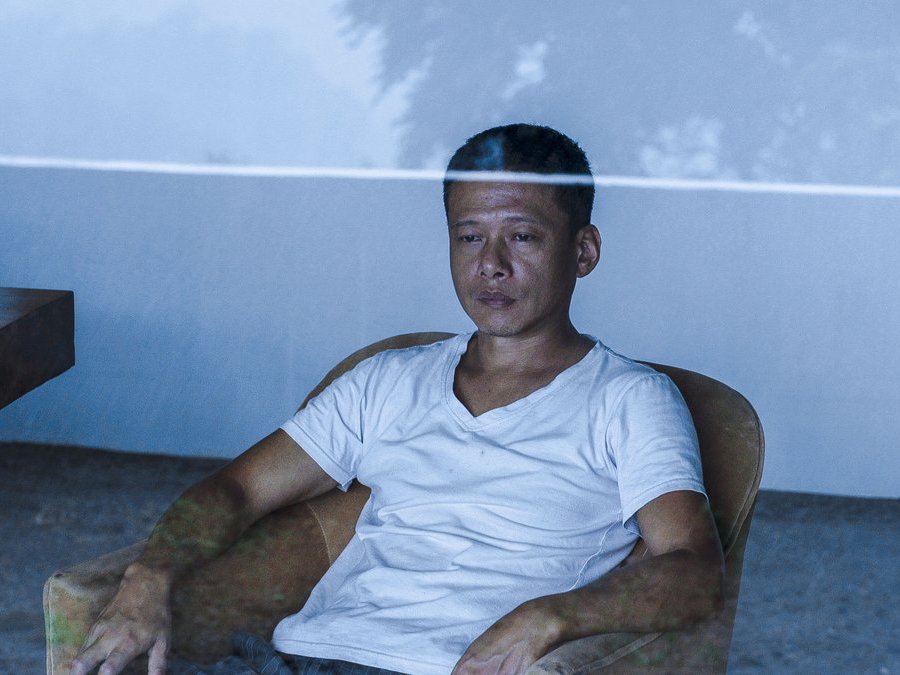
Under the pain of illness and treatment, Kang (Lee Kang-sheng) finds himself adrift. He meets Non (Anong Houngheuangsy) in a foreign land. They find consolation in each other before parting ways and carrying on with their days.
“Tsai has spent decades directing our gazes at Lee Kang-sheng, at his vulnerability, his resilience, his beauty, his sadness, and in this first, five-minute shot of his new film, Days, he reminds us again of why this once youthful but eternally sorrowful man, now in his early fifties, is among the great muses of what we once called cinema. (...) Days is an act of love, an expression of commitment – to a man, to an image, and to the cinematic medium as a means of expressing that love and commitment. (...) What Tsai Ming-liang has done for a generation of movie-watchers is incalculable; his films have been nothing less than a reconstitution of how, where, and why we look. In Days he rewards our gaze, bestowing pleasure on the man he’s allowed us to love right along with him.”
Michael Koresky1
“In recent years Lee and I haven’t made many feature films, but we’ve made a number of short films for museums. We did theatre. We toured in Europe. I’ve been working with a young and talented cinematographer, Chang Jhong-yuan. For example, he was there when I cared for Lee Kang-sheng while he was sick. When I looked at his images I realized I wanted to use them, but I didn’t know how exactly. I felt that if I didn’t capture those images, then no one would ever see Lee Kang-sheng’s face and body at that moment. It sounds strange, but when he got sick there was something heartbreaking about it. I wanted to save those images. I thought the images would be used in a museum piece, but eventually I met Anong and while we were video-chatting I saw him cooking, and the way he cooked really touched me. I wanted to film it.”
Tsai Ming-liang2
“Days is actually about the two bodies of the two actors. Because Lee Kang-sheng is 50 years old and Anong is 20 years old – actually, you can see that Days could be something that continues what we didn’t finish in The River, in 1997. Because back then, Lee Kang-sheng was only 20 years old. So now, with his sick body, his aged body, he had to meet this other body who is 20 years old, but is yet another trapped body as well. So for me this film is actually about the two figures and two bodies of these actors.”
Tsai Ming-liang3
“Tsai Ming-Liang begins his new film with a text: ‘This film doesn’t have subtitles intentionally.’ (...) A bet for a cinema in pure state, of sounds that go beyond hearing dialogues in stories where sometimes contents are more valued than that something which images hide or orders in themselves.”
Mónica Delgado4
- 1Michael Koresky, “Touch and Go,” Reverse Shot, 28 September 2020.
- 2Tsai Ming-liang in conversation with Darren Hughes, “A State of Uncertainty: Tsai Ming-liang on Days,” Cinema Scope 82 (2020).
- 3Tsai Ming-liang in conversation with Daniel Kasman, “Trapped Bodies: Tsai Ming-Liang Discusses ‘Days’,” MUBI Notebook, 28 February 2020.
- 4Mónica Delgado, “Berlinale 2020: Days by Tsai Ming-liang,” Desistfilm, 4 March 2020.